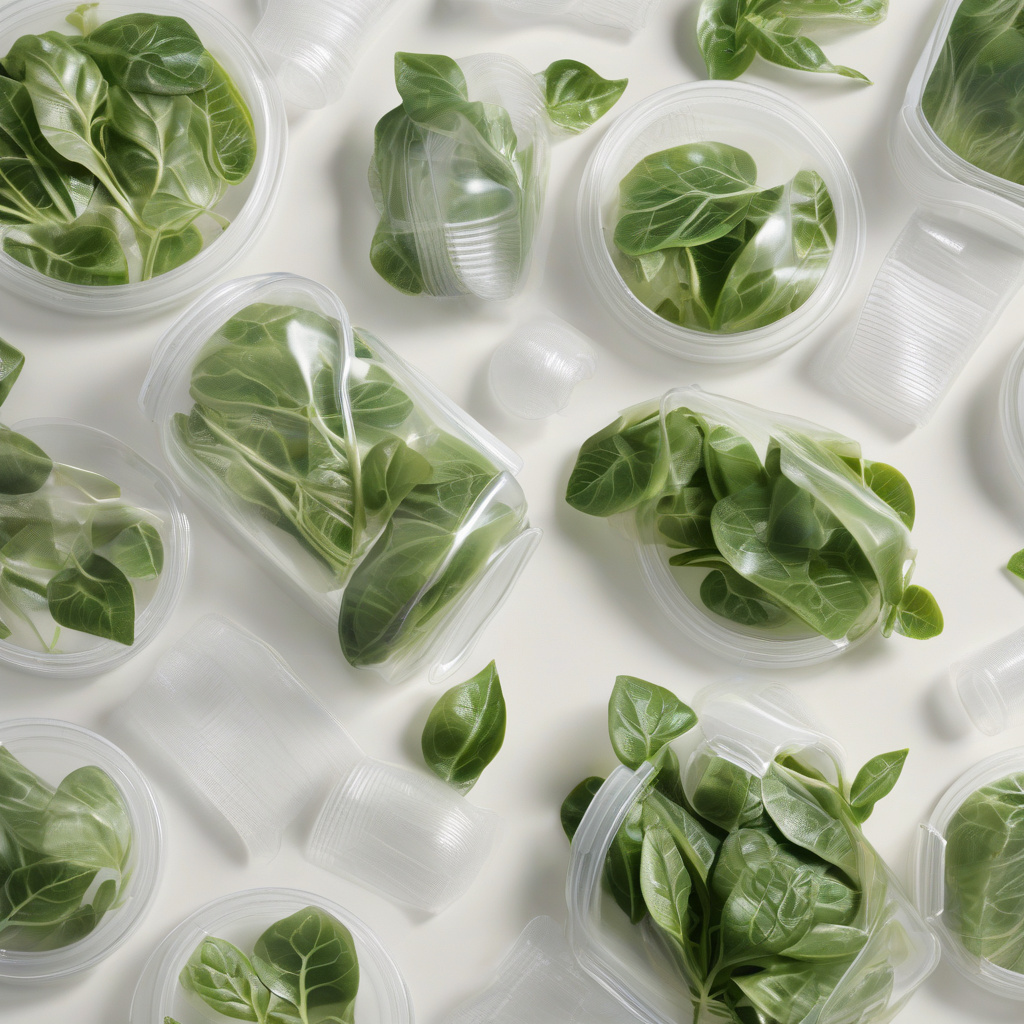Revolutionizing the Industry: New Plant-Based Plastic Maintains Strength While Skipping Harmful Chemicals in Production
In a first, scientists at the FAMU-FSU College of Engineering have created a new kind of plant-based plastic that promises to revolutionize the industry. This innovative material not only maintains the strength required for various applications but also eliminates the need for harmful chemicals in its production process.
Traditional plastics, derived from fossil fuels, have long been a significant source of pollution and environmental degradation. The production of these plastics involves the use of toxic chemicals that can have detrimental effects on both human health and the planet. As the world grapples with the consequences of single-use plastics, finding sustainable alternatives has become an urgent priority.
The new plant-based plastic developed by the team at FAMU-FSU College of Engineering offers a ray of hope in this regard. By utilizing renewable plant sources, such as corn or sugarcane, the researchers have been able to create a biodegradable and eco-friendly alternative to traditional plastics. This not only reduces the reliance on finite fossil fuels but also minimizes the carbon footprint associated with plastic production.
One of the key advantages of this plant-based plastic is its ability to maintain strength and durability, making it suitable for a wide range of applications. Whether used in packaging, construction, or consumer goods, this innovative material offers a sustainable solution without compromising on performance. This means that companies looking to reduce their environmental impact no longer have to sacrifice quality or functionality.
Moreover, the production process of this new plant-based plastic is significantly cleaner and safer than that of traditional plastics. By eliminating the use of harmful chemicals, the researchers have created a material that is not only better for the environment but also for the workers involved in its production. This aligns with a growing trend towards sustainable and ethical manufacturing practices, where the health and well-being of both people and the planet are taken into consideration.
While the development of this plant-based plastic is indeed a significant milestone, its widespread adoption will depend on various factors. Cost, scalability, and consumer acceptance will all play a role in determining the success of this innovative material in the market. However, given the increasing demand for sustainable alternatives to traditional plastics, the outlook appears promising.
As consumers become more environmentally conscious and regulations around plastic use tighten, the demand for innovative materials like plant-based plastics is expected to rise. Companies that are quick to embrace these sustainable solutions stand to not only reduce their environmental impact but also appeal to a growing segment of eco-conscious consumers.
In conclusion, the creation of this new plant-based plastic by the scientists at FAMU-FSU College of Engineering represents a significant step towards a more sustainable future. By combining strength with eco-friendliness and eliminating harmful chemicals from the production process, this innovative material has the potential to redefine the plastic industry. As we move towards a greener and more sustainable world, such advancements pave the way for a circular economy where waste is minimized, and resources are used efficiently.
sustainability, plantbasedplastic, innovation, FAMU-FSUengineering, ecofriendly












